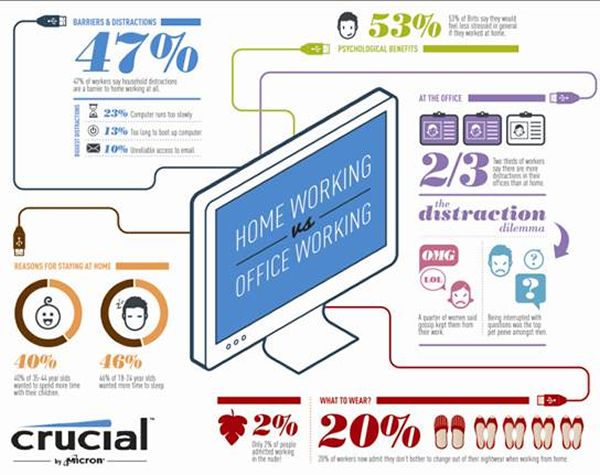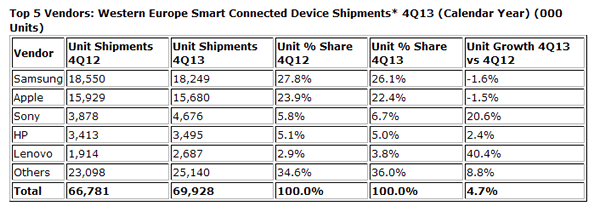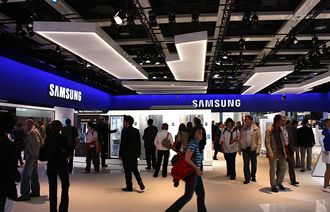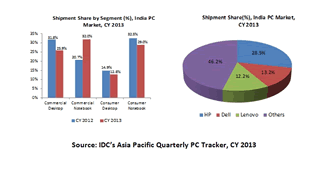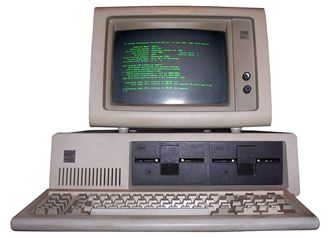 Memory company Crucial is making a bid to get people to upgrade their PCs via a survey it conducted.
Memory company Crucial is making a bid to get people to upgrade their PCs via a survey it conducted.
Crucial polled 1,300 people in the UK, aged between 18 and 70. The survey was aimed at people working from home.
According to Crucial, the biggest barriers to working from home were difficulty accessing work files (36%); too many general distractions (33%); loneliness (28%); slow running computers (23%); poor broadband connections (17%); lack of space (13%); slow computer start up (13%) and poor access to email (10%).
The implication is that if people upgraded their memory on the PCs, their computers would run more efficiently. Extra memory, however, doesn’t cure loneliness and lack of space. And as 36 percent complained about inability to access work files, it just goes to show that cloud computing has a way to go.
